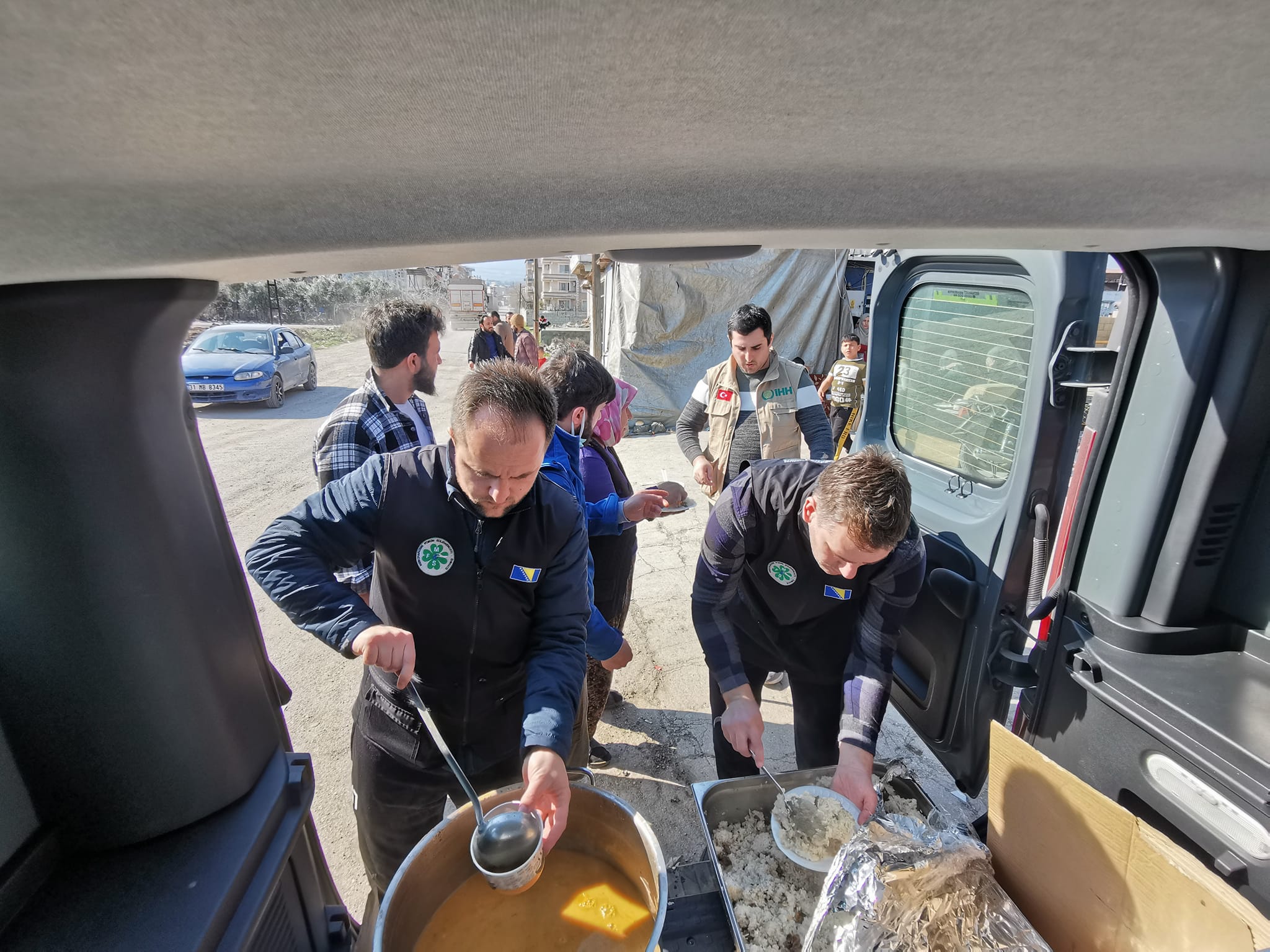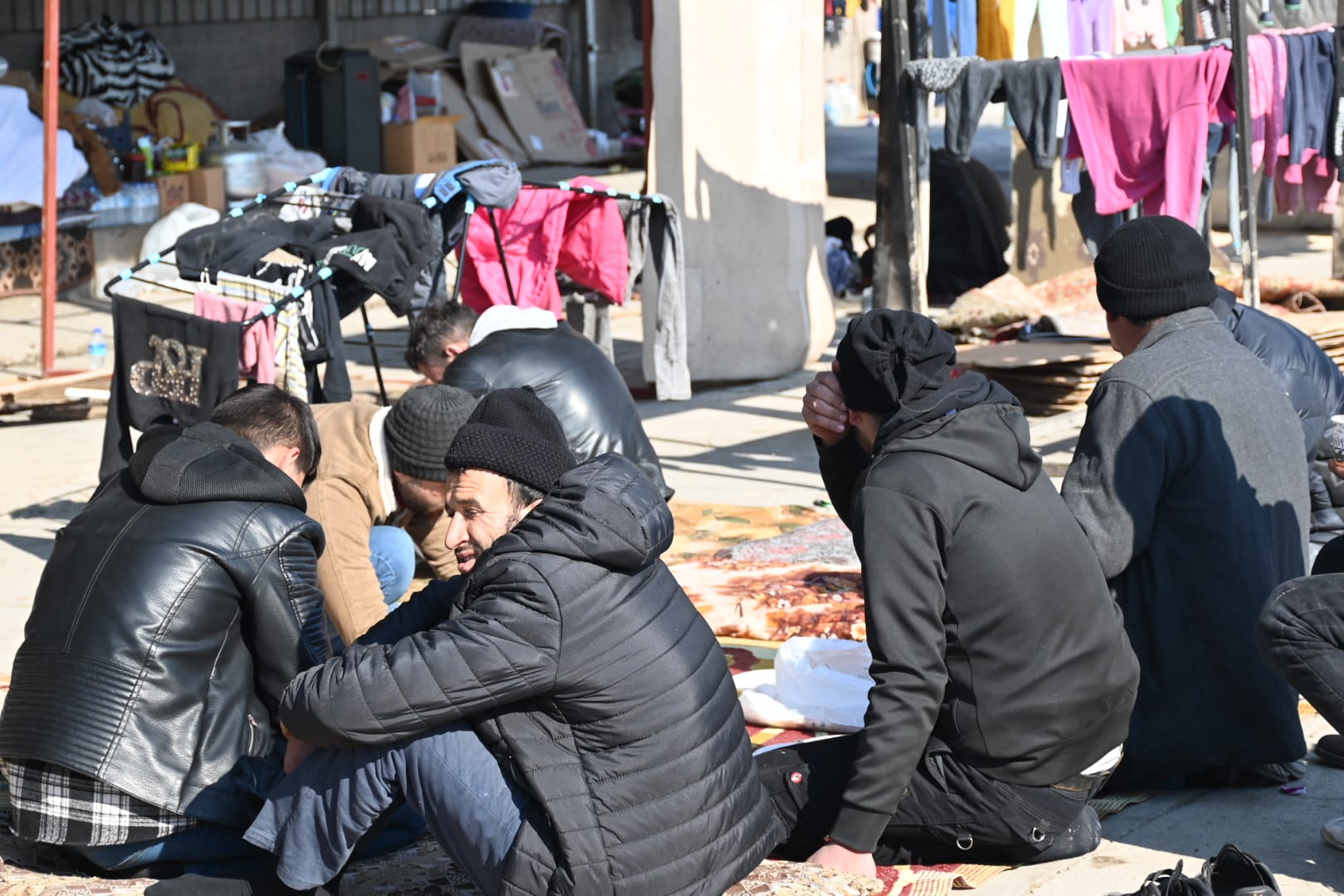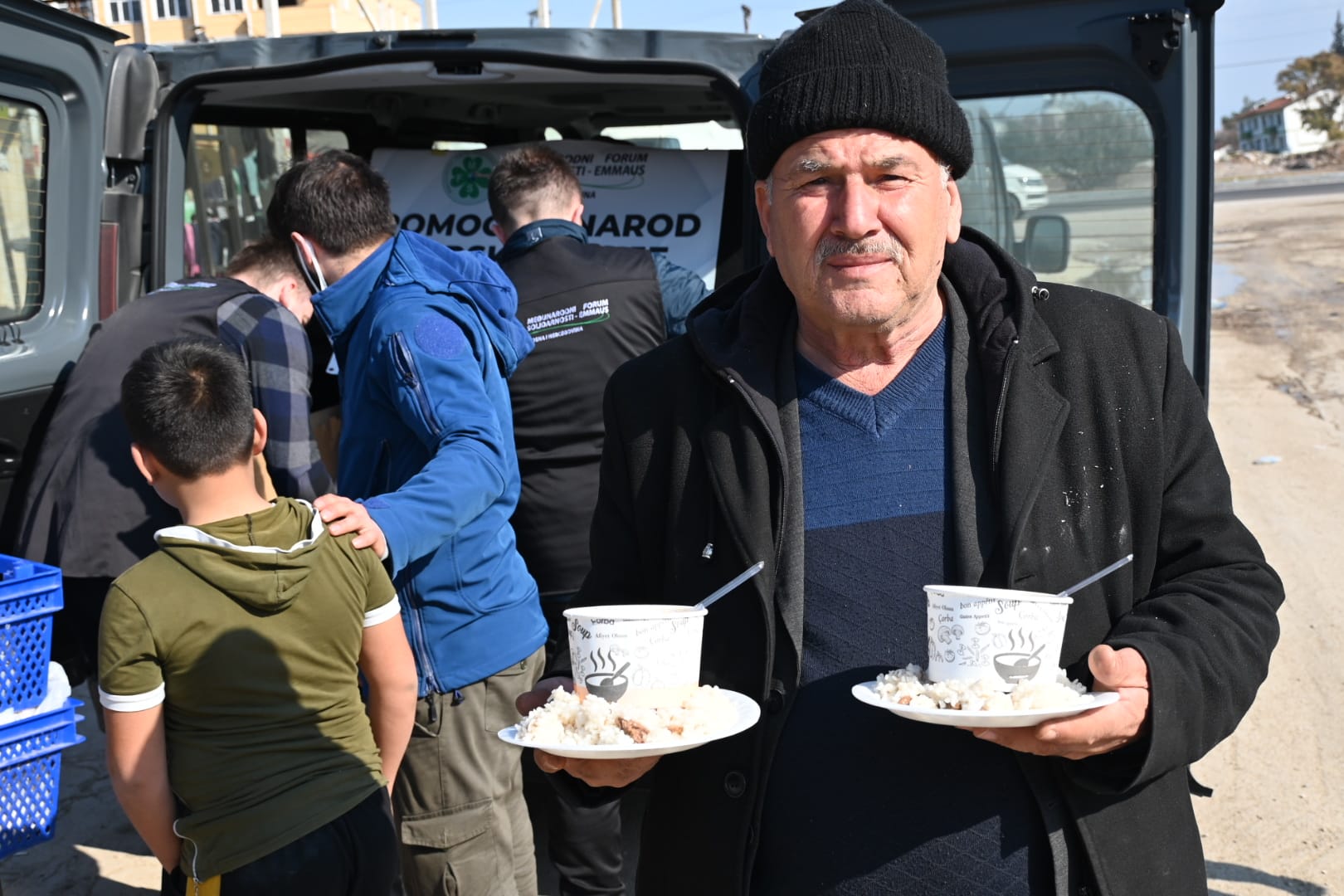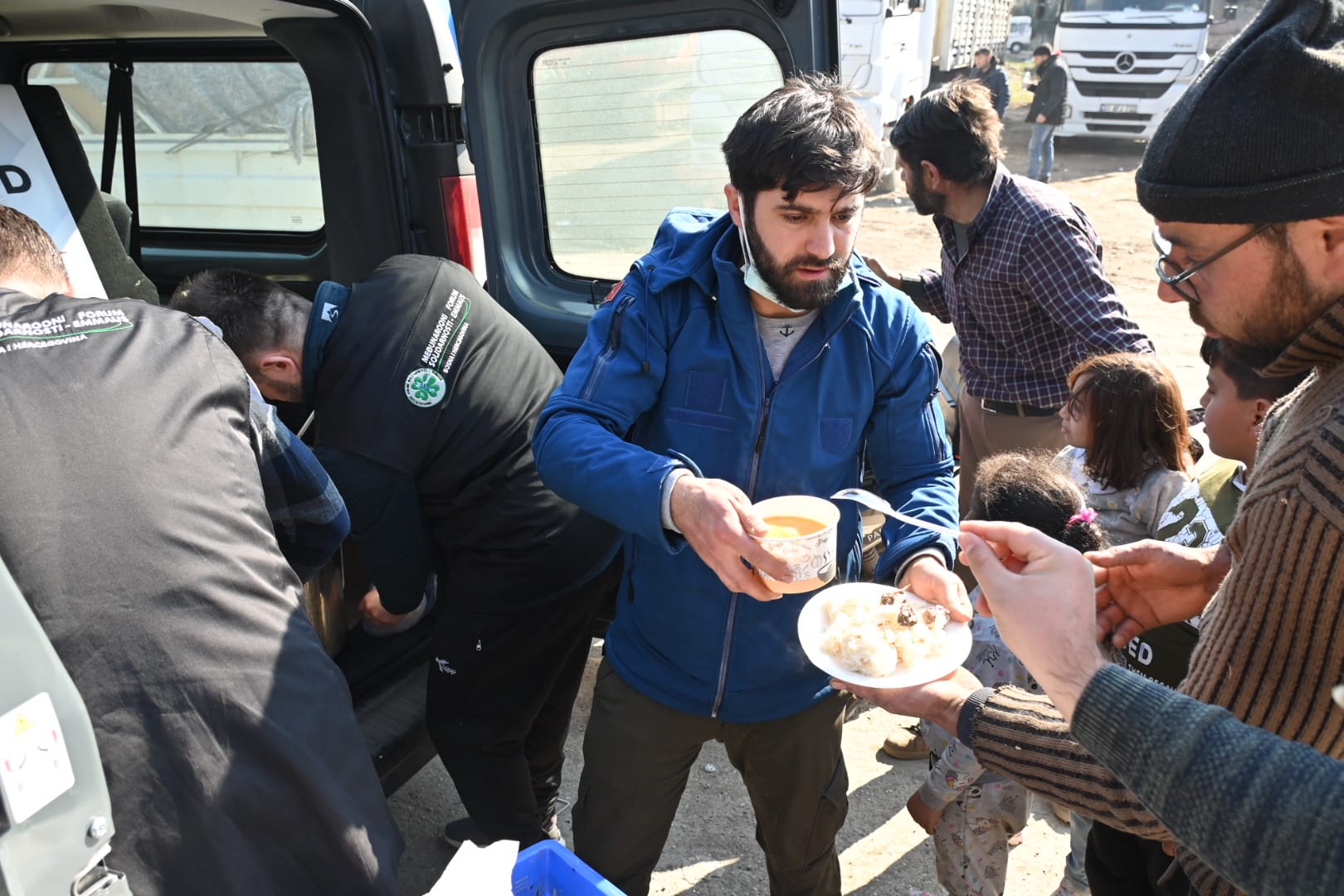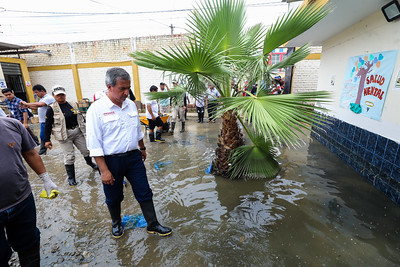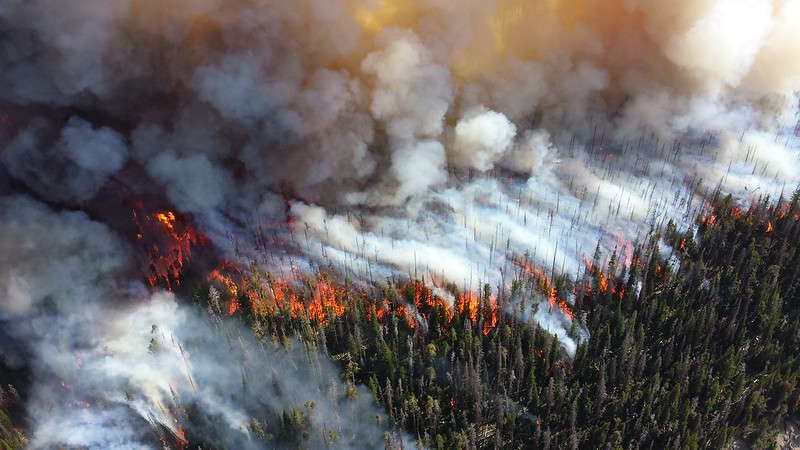Emmaus International stands in solidarity with the Turkish and Syrian people following the deadly earthquakes
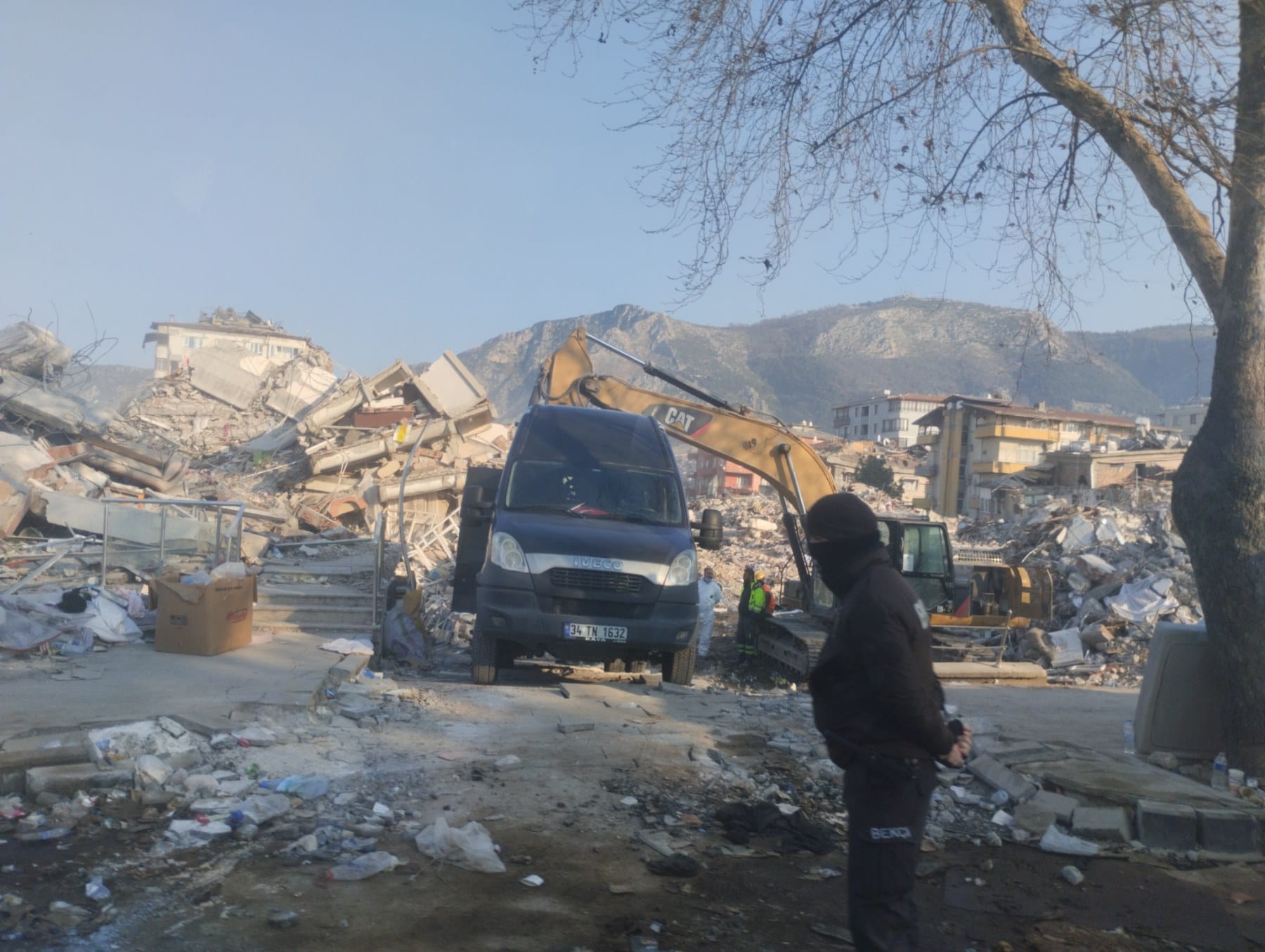
On the morning of 6 February, south-eastern Türkiye and northern Syria were hit by a 7.8 magnitude earthquake. The damage caused is considerable, with a death toll of over 35,000 (which the UN warns could double), hundreds of homes destroyed and thousands of survivors suffering from cold, hunger and a lack of medical and shelter facilities, as these have likewise been destroyed.
Although the international community has started to respond by providing aid or sending rescue teams, the WHO estimates that several million people are affected in the short term by various food and health risks. The humanitarian response has been made more complicated by the conflict in the north of Syria, with areas controlled either by Turks, Kurds, jihadist groups or the Syrian government.
Emmaus International expresses its full support for the families affected and the population of the region as a whole.
Our movement does not have any groups in these two countries, but some members of Emmaus International are already active on the ground. For example, International Solidarity Forum, a humanitarian organisation based in Bosnia-Herzegovina. Their teams managed to travel to Turkey, particularly to Kirikhan in the Hatay region, to distribute hot meals to large numbers of people who are sleeping in tents for fear that the buildings still standing will collapse.
On its Facebook page, ISF (MFS in Bosnian) stresses that in terms of donations their main needs are food and hygiene products to cope with the emergency. A team from the NGO also travelled to Antakya, where they witnessed “apocalyptic scenes of ruins and the retrieval of many bodies” in this completely destroyed city.
Would you like to help people on the ground? Information has been sent to Emmaus International member groups in order to centralise emergency response actions and collect funds, which will be used to finance reconstruction and recovery efforts in the wake of the emergency.
